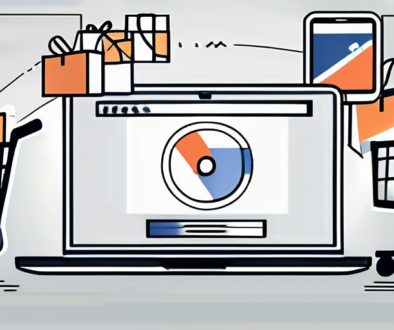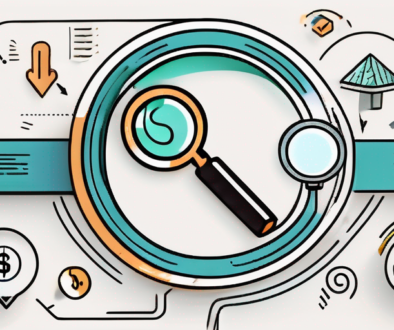Marketing in a World Without Third-Party Cookies
Marketing in a World Without Third-Party Cookies
As the digital landscape evolves, the demise of third-party cookies is reshaping the fundamentals of online marketing and advertising. With major browsers like Chrome, Safari, and Firefox moving to block third-party cookies by 2021, marketers and advertisers are navigating a new reality. This seismic shift towards privacy-centric browsing is not the end of effective digital advertising but a call to innovate and adapt. At Analytive, we delve into the strategies for thriving in a cookieless world, ensuring your marketing remains impactful without relying on third-party tracking cookies.
Understanding the Shift Away from Third-Party Cookies
Third-party cookies have been integral to digital marketing, enabling advertisers to track users across the web to deliver targeted ads and measure their campaigns’ effectiveness. However, growing privacy concerns and regulations are driving browsers to eliminate these tracking mechanisms, heralding a new era of marketing without cookies.
The Implications for Marketers and Advertisers
The absence of third-party cookies challenges the traditional methods of ad targeting, attribution, and measuring campaign performance. Marketers and advertisers must now rely more on first-party data and explore alternative strategies for reaching and understanding their audience.
Embracing a Cookieless Future: Strategies for Success
- Leverage First-Party Data: The value of first-party data—information directly collected from your audience—has never been more significant. Develop robust mechanisms to collect, store, and analyze customer data from your website, CRM, and other touchpoints.
- Invest in Contextual Advertising: Contextual advertising, which targets ads based on the content of the web page, offers a powerful alternative to cookie-based targeting. By aligning ads with relevant content, advertisers can ensure their messages reach the right audience without infringing on user privacy.
- Explore Attribution Models: In a world without third-party cookies, marketers must adopt new attribution models to understand the customer journey. Multi-touch attribution, which considers various touchpoints in the conversion path, can provide insights into campaign effectiveness.
- Enhance Customer Relationships: Build stronger relationships with your audience by offering value in exchange for their data. Encourage sign-ups, subscriptions, and loyalty programs by providing exclusive content, discounts, and personalized experiences.
- Utilize Privacy-First Platforms: Partner with publishers and platforms that prioritize user privacy while offering targeted advertising opportunities based on first-party data and contextual signals.
- Innovate with Technology: Investigate emerging technologies like AI and machine learning for predictive analytics, audience segmentation, and personalized marketing without relying on third-party cookies.
Publishers and the Cookieless Landscape
Publishers, too, are adapting to the decline of third-party cookies by developing alternative revenue models and enhancing direct relationships with their audience. Subscription services, sponsored content, and partnerships with advertisers on first-party data initiatives are becoming increasingly crucial for sustaining their business in a cookieless world.
The Advantages of Marketing Without Third-Party Cookies
While the transition may seem daunting, there are several advantages to marketing in a post-cookie world:
- Increased Trust: By respecting user privacy and relying on transparent data collection methods, brands can build trust and loyalty among their audience.
- Improved Data Quality: First-party data provides more accurate and relevant insights into your audience’s preferences and behavior.
- Innovation Opportunities: The shift away from cookies encourages innovation in marketing technologies and strategies, pushing the industry towards more sustainable and effective practices.
Preparing for the Future of Advertising
As the digital ecosystem evolves, staying informed and agile is key. Marketers and advertisers should:
- Stay abreast of regulatory changes affecting data privacy and online advertising.
- Experiment with new tools and platforms designed for the cookieless era.
- Foster collaboration across teams and with external partners to share insights and develop integrated marketing strategies.
Conclusion: A World Without Third-Party Cookies
The end of third-party cookies marks the beginning of a new chapter in digital marketing and advertising. By embracing first-party data, contextual advertising, and privacy-centric strategies, marketers can navigate this change successfully. The future belongs to those who view this shift not as a hurdle but as an opportunity to innovate and redefine the relationship between brands and consumers.
At Analytive, we believe in the power of adaptability and innovation in the face of industry shifts. Marketing in a cookieless world requires a blend of creativity, data intelligence, and technology. Embrace these changes with a forward-thinking approach, and lead your brand into a future where marketing is not just effective but also respectful of consumer privacy.



